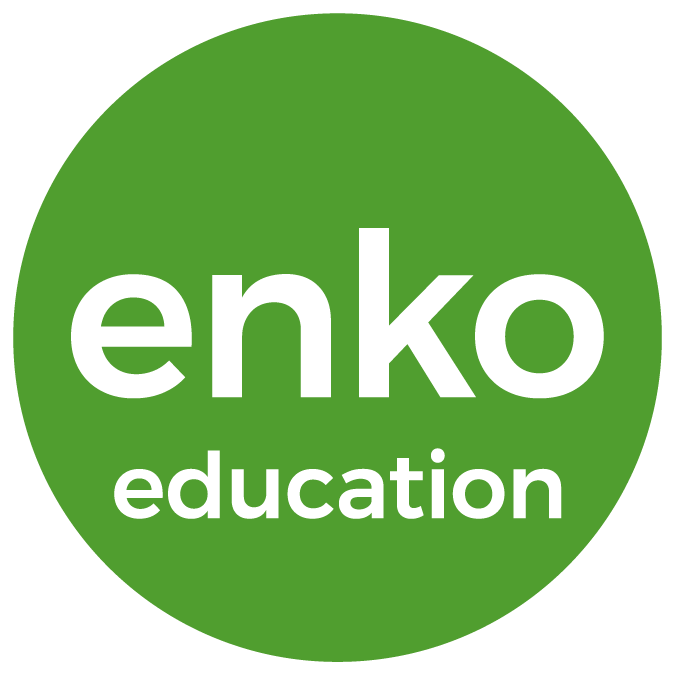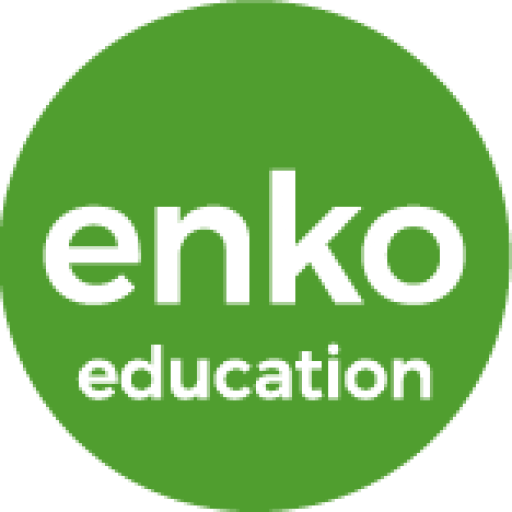e-Learning, future of tertiary education in Nigeria, says Awosika
BABCOCK University and Edutech Advanced Business Solutions, a private education technology company championing e-learning in Nigeria, recently signed an agreement to deploy e-learning solutions for some of its programmes. With this agreement, the university becomes the first private university in Nigeria to adopt e-learning for its programmes. In a chat with Tope Templer Olaiya, General Manager of Edutech, Prof. Abiola Awosika, said the firm remains committed to revolutionising education in Africa by taking education from the conventional classroom experience to a virtual platform, thereby eliminating the challenges of time and space. Excerpts
YOU recently secured a partnership with Babcock University and have since deployed this innovation to Obafemi Awolowo University (OAU), how was this feat achieved? We have a dedicated team of experts who didn’t let the many challenges faced get in the way of making this dream move forward in Nigerian education.
The technologies were carefully designed with emerging economies in mind. It took approximately two years for the OAU project to get to market.
How has the introduction of the automated process improved learning and service delivery in OAU? e-Learning breaks the space barrier, as students no longer have to sit in overcrowded lecture halls. It also provides quick access to data anywhere because students now have easy access to the Internet from their Vigitabs. e-Learning has also helped to save time for student processing, from application to enrollment.
Reports and statistics are now available for better management and schools are also able to better manage student information. What are the indigenous and comprehensive e-learning solutions that have been developed by EduTech? We have developed a number of solutions well suited to Africa.
We have the Vigilearn – our Learning Management System (LMS), the Vigitab – a customised study tablet, and Eduportal – an education administration platform.
The Vigilearn is a comprehensive bi-modal learning solution designed to recreate the classroom experience for students and to upgrade the traditional classroom education.
With VigiLearn, lectures are digitised into formats that are easily accessible to students. These are in the form of videos and presentation slides. The VigiLearn can be used across several devices – mobile, desktop, tablets etc., and allows for off-line access to lectures and study materials.
The VigiTab is a portable device (tablet) that houses the mobile LMS and course content. An integral part of our VigiLearn solution is the provision of customized tablets to students in the e-learning program.
The purpose of the tablets is to allow access to the Learning Management System (LMS). We have also taken into consideration the infrastructural challenges in Africa, such as power and bandwidth; hence the Vigitab has over 10-hours battery life and comes with a power bank that provides an extra 8-hour battery life.
In addition, the tablets are designed with a dual mode function that allows students access to lecture materials whether they are online or offline – meaning that students do not require the Internet to view their lectures.
What are the benefits of e-learning to conventional mode of learning? First is personalised learning because they can study at any time, from any location and for as long as they need, to grasp the content. The slow learners can take their time and the fast learners can move ahead briskly in their study time.
Also, there is better collaboration with students and lecturers for the best learning experience. The lecturers are just a call, an email or a chat away.
Students can review their lectures over and over again. The video lectures are available on the Vigitab and on the web. They can actually rewind the teacher, which isn’t the case with the conventional mode.
What other collaboration with Nigerian universities is in the offing? We are exploring several universities, both public and private. We are currently deploying the solution for Ahmadu Bello University, and we are in discussions with Covenant University, Ota, Ogun State.
Are there any hitches to the e-learning module, considering the several infrastructural gaps that could affect the programme? If any, how could they be managed? Some of the obstacles faced include poor Internet services and lack of electricity. However, our solutions have been optimised for both web and mobile use.
Our VigiTab especially has been customised for each university and preloaded with course content to allow access to the entire syllabus without Internet. The Vigitab has a long battery life and is supplemented with a power bank. We also conduct trainings for lecturers to help with the learning curve.
Where do you see Nigeria’s tertiary institutions in the nearest future? Nigeria will definitely rise again in the global education space, and it is our vision to be an important driver here by optimising solutions for African institutions, and redefining education. Comparatively, which African countries are ahead of Nigeria in e-learning? South Africa is the most dynamic. Judging from reports and presentations at the e-learning Africa Conference in Uganda last year, Nigeria is the closest in e-learning readiness.
What are the challenges/setbacks that could delay the implementation of the e-learning module by both public and private universities? Funds. e-learning is capital intensive at the off take but the savings start coming in once the infrastructure is in place and everything is running smoothly.
Furthermore, lack of infrastructure such as Internet bandwidth is also an issue. Which would you suggest is best at this moment of our nation’s history: establishment of new universities or nationwide deployment of the e-learning option? Nigeria does not need any more universities. There are 128 public and private universities.
If we add the most recent nine we have 137. Among them, they can only admit one third of the degree seeking Nigerians. We need to upgrade all the existing institutions in physical infrastructure and quality of service delivered.
e-Learning is the way out of the perennial restriction of space, time, location and quality. What is the fate of students who enroll for the e-learning module who wish to be mobilised for the National Youth Service Corps (NYSC) programme like conventional students? The most important element in all of this is the National Universities Commission (NUC) accreditation.
Once a program has the NUC stamp of approval, the e-learning graduates would receive the same certificates as the brick and mortar students. Distance learning students who indicate interest in the NYSC programme would also be mobilised.



